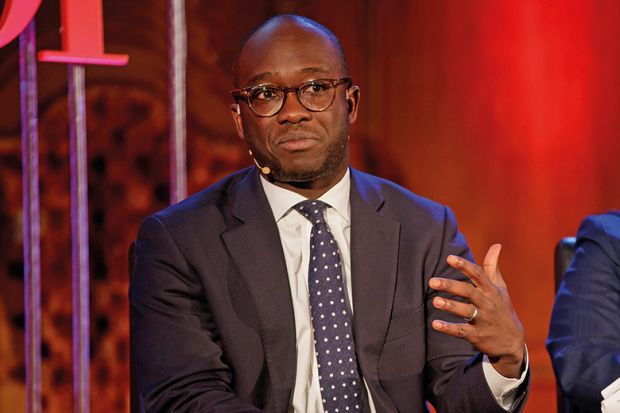Higher education institutions must be able to inform parents if students are struggling with life-threatening mental health issues, the UK’s universities minister has said.
Speaking at the University of Buckingham’s Festival of Higher Education, Sam Gyimah reiterated his call for providers to see themselves as being in loco parentis for vulnerable young students who were living away from home for the first time.
The intervention came after the father of a University of Bristol student who took his own life called for data protection rules to be changed to allow universities to tell parents if students are struggling.
“Stories of students who threaten to take their life – but the university didn’t do anything to inform their parents because it’s not for them to do so until after they had done it – are incredibly sad and tragic,” Mr Gyimah said.
“We need to find a way for universities to be in loco parentis where [there are] these life-threatening situations of care, where we respect people’s rights as adults but make sure we are doing everything in terms of duty of care towards these young people.”
Mr Gyimah faced a backlash when he first used the term in loco parentis at the launch conference of the Office for Students earlier this year, with critics accusing him of “infantilising students”.
However, Mr Gyimah said at Buckingham that he was specifically referring to mental health problems that could be life-threatening.
Agreeing that the government has a role to play in the issue, he added: “I would want to define specifically what this is after I’ve actually spent some time with people who have been through this.
“But if we do not fully empower universities, I do not think that we can deal fully with some of the issues we are finding in our universities.”
James Murray, the father of Bristol student Ben Murray, told BBC Radio 5 Live on 12 June that his son had been “carrying a lot of pain and anxiety for six months” but had not confided in his parents.
Bristol has since confirmed that it is considering an “opt-in” for next of kin to be told of a “major concern about well-being”.
Speaking at the Buckingham festival, Mr Murray described mental health as “a strategic issue of importance for vice-chancellors and for the executive team”.
“If you’re not treating it that way, you’re putting yourself at risk, the university at risk – but most importantly – putting lives at risk,” he said.
Mr Murray said that lecturers and supervisors also had a role to play.
“They are loaded up with academic work, but they really are the closest in the front line on mental health care to understand what the students are doing,” he said.
Register to continue
Why register?
- Registration is free and only takes a moment
- Once registered, you can read 3 articles a month
- Sign up for our newsletter
Subscribe
Or subscribe for unlimited access to:
- Unlimited access to news, views, insights & reviews
- Digital editions
- Digital access to THE’s university and college rankings analysis
Already registered or a current subscriber? Login








